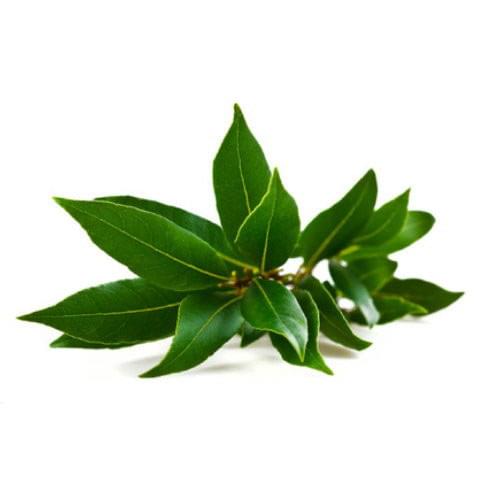Camphor Essential Oils
With a sorely misunderstood history (in the past, the tree was considered a pest in various areas around the world) camphor essential oils are now used extensively worldwide. It leaves no residue, when burned, and is, therefore, useful in Hindu rites and other spiritual practices. Derived from the wood of two different types of camphor trees, this essential oil has an aroma that is described as fresh, leafy, fragrant, and strongly camphoraceous, with a thin consistency. It can appear greenish, clear, or yellowish. Camphor essential oil blends well with rosemary, lavender, cajeput, basil, eucalyptus, and more.
Overall Benefits of Camphor Essential Oils
- Effective in use as a local anesthesia
- Work as an efficient germicide, insecticide, and disinfectant
- Will relieve spasms and cramps
- Useful in the treatment of insect bites, food poisoning, flu, measles, cough, hysteria, and epilepsy
- Boost the digestive and circulatory system
- Can provide relief from gout and arthritis
- Effective antispasmodic
- When used as an aphrodisiac, it can boost the libido
Uses for Camphor Essential Oils
This essential oil makes a unique addition to aromatherapy, soaps, personal care formulations, and cosmetic applications. It is considered useful as an insect repellent, hypertensive, febrifuge, diuretic, carminative, cardiac medication, antiseptic, anti-inflammatory, antidepressant, and an analgesic. Camphor essential oils can improve circulation, fight inflammation, subdue coughs, help arthritis, relieve tension, and soothe muscle aches. And though these essential oils sedate the nervous system, they stimulate the lungs, circulatory system, and heart.
Precautions
Camphor essential oils should never be ingested. Because of its high potency, it is best to check with your physician before using it, if you are pregnant or nursing. For topical application, some people might be allergic to camphor so doing a patch test before using it on the skin is highly recommended.


